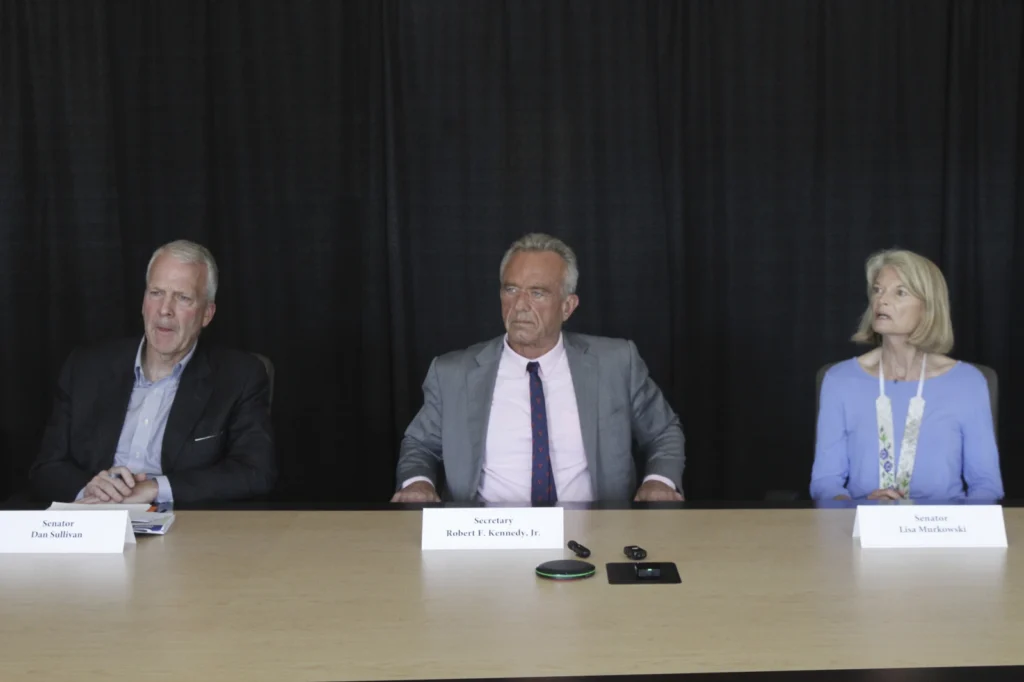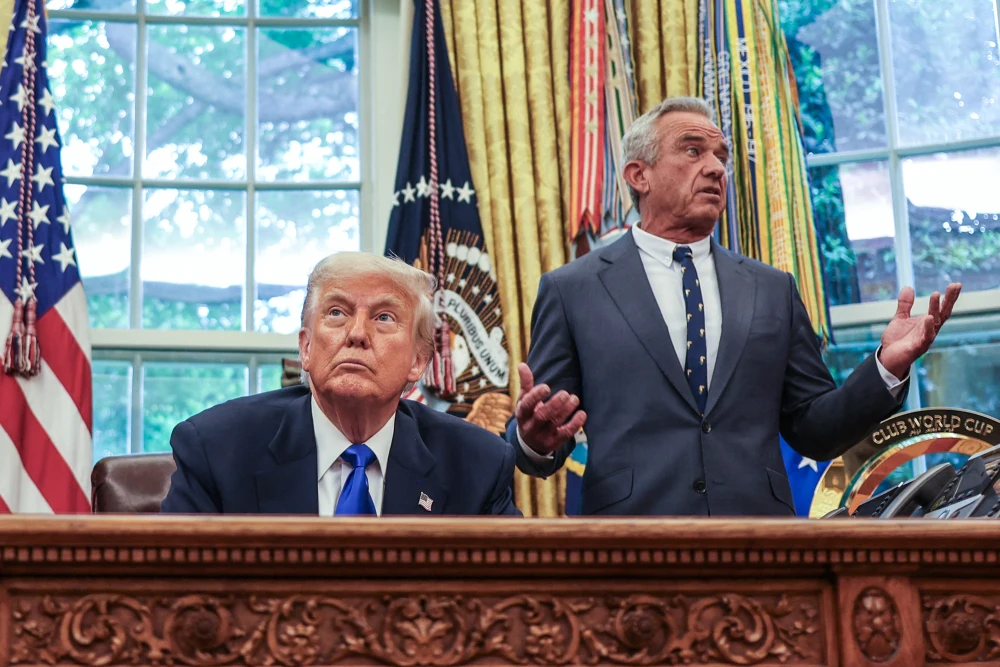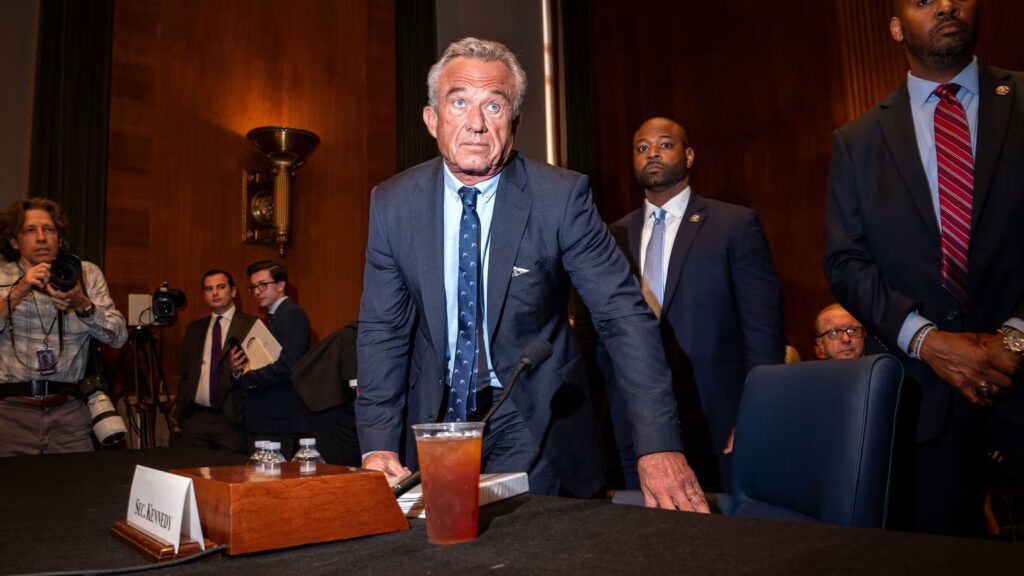RFK Jr. Cancels $500M mRNA Vaccine Projects

RFK Jr. Cancels $500M mRNA Vaccine Projects, Citing Safety Concerns
RFK Jr. cancels mRNA vaccine funding as the Department of Health and Human Services (HHS) pulls the plug on 22 vaccine projects totaling $500 million. These projects were focused on developing mRNA-based vaccines for respiratory viruses like COVID-19, the flu, and H5N1.
Announced on Tuesday, the move marks a significant shift in U.S. vaccine policy. Health Secretary Robert F. Kennedy Jr., a known vaccine skeptic, cited the need for “safer, broader vaccine strategies” in a video shared on his social media channels. He emphasized that HHS would now focus on whole-virus vaccines and other platforms less affected by viral mutations.
“To replace the troubled mRNA programs, we’re prioritizing the development of safer, broader vaccine strategies,” said Kennedy.
A Major Shift in Vaccine Strategy
The canceled initiatives include major pharmaceutical players like Pfizer and Moderna, both of which were leading mRNA research in the U.S.
Kennedy’s latest decision follows a series of controversial moves. He previously dismissed the advisory panel responsible for vaccine recommendations and scaled back public messaging on COVID-19 vaccinations, even as measles outbreaks intensified.
Outside of Washington, the response has been heated. Protesters gathered Tuesday outside the Alaska Native Tribal Health Consortium in Anchorage, where Kennedy met with Native leaders. They voiced strong opposition to the funding cuts, holding signs and chanting in protest.
Public Health Experts Push Back
Leading public health experts strongly criticized the decision. Dr. Mike Osterholm, an infectious disease specialist at the University of Minnesota, called it the “most dangerous decision in public health in 50 years.” He stressed that mRNA vaccines had saved millions of lives during the 2020 pandemic and warned that future pandemics would be harder to combat without rapid-deployment technologies like mRNA.
“It’s short-sighted,” said Dr. Paul Offit from the Children’s Hospital of Philadelphia. “This technology is critical, especially with bird flu concerns still looming.”
Despite the backlash, HHS stated that mRNA use in other areas of the department will continue. Current mRNA vaccines for COVID-19 and RSV remain in circulation. However, the move halts work on potential future vaccines, such as Moderna’s combined COVID-flu shot.
Toward a “Universal Vaccine”
At a press conference later that day, Kennedy stood alongside Alaska’s Republican senators, Dan Sullivan and Lisa Murkowski. He unveiled the administration’s plan to develop a “universal vaccine” designed to mimic natural immunity. He believes this approach could offer protection not only against coronaviruses, but also seasonal influenza.
“We believe it’s going to be effective against not only coronaviruses but also flu,” Kennedy stated.
Scientists and Industry Express Alarm
Experts warn that abandoning mRNA work risks stalling medical innovation. Beyond infectious diseases, mRNA is also being explored for cancer immunotherapies. Earlier this year, billionaire Larry Ellison praised the technology’s potential during an event at the White House.
Dr. Osterholm noted that traditional vaccines, which grow viruses in eggs or cells, are slower and more labor-intensive. By contrast, mRNA offers speed and precision during crises, a key advantage in pandemic response.
Kennedy’s move has raised concerns not only among scientists but also in the pharmaceutical industry and global health circles. Critics argue the decision undermines years of progress and erodes public trust.
Source: AP News
: 205







